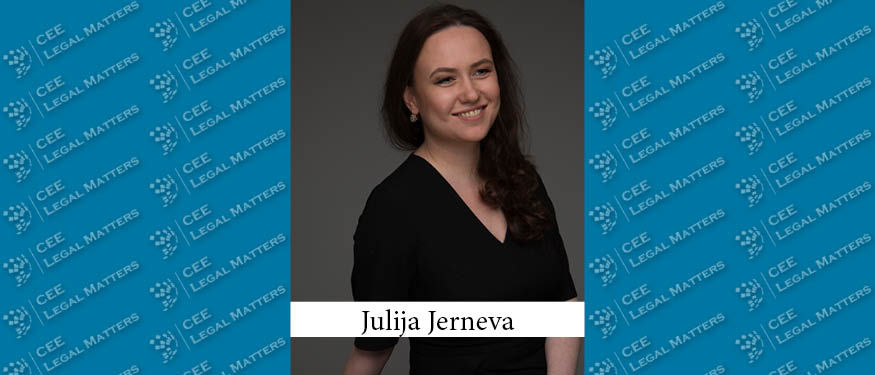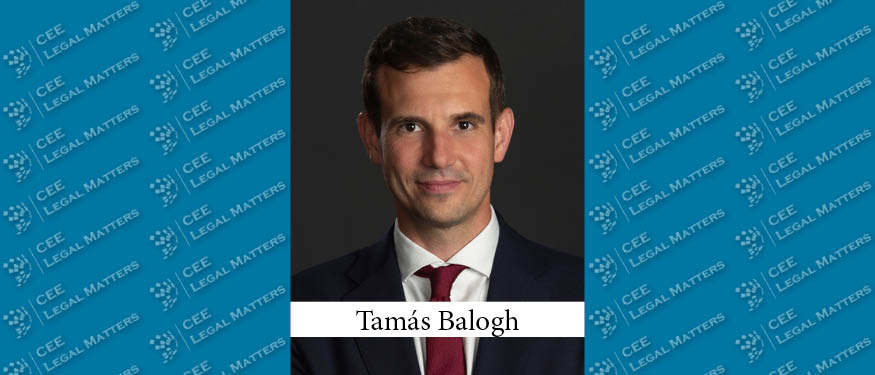Much like in other countries in the region, Latvia experienced a strong finish to 2022, with bustling M&A activity being driven primarily by the current geopolitical and economic developments, according to Vilgerts Partner Julija Jerneva.
“With the end of the year so near, everybody was rushing to wrap projects up, so it was a very busy period,” Jerneva begins. “We are seeing surprisingly high levels of M&A activity related to the currently imposed sanctions on Russia in particular.” She explains there is a number of Russian-owned assets that are, for all intents and purposes, frozen. “The assets, that would otherwise remain frozen with business operations suspended, would be sold – the proceeds from the transactions still frozen, to comply with the sanctions regime," she explains. “Additionally, there is a deadline until which such assets could be sold: initially, it was December 30, 2022, but it has since been pushed back to February 28, 2023.”
Aside from high investor interest in these frozen “toxic” assets, Jerneva reports an overall investment climate that is quite vibrant. “It appears that investors are employing a 'no time like the present' approach when it comes to placing funds. This is likely driven by a fear of incoming high inflation,” she explains. And the inflation rate is indeed very high – standing at 21.8% in December. “There hasn’t been an evident pattern to these investments, but rather a really very wide scope of targets,” she says, indicating that investor preference dictates activity. “Of course, one could draw a conclusion that the real estate sector is performing above and beyond, but there is also ample activity elsewhere.”
Jerneva goes on to say there is a lot of pressure on companies to alter their business approach. “With the inflation rate being where it is, many businesses are under pressure to amend their long-term agreements and contracts. In particular, this has led to an uptick in employment-related work.” According to her, financial uncertainty and the still-present COVID-19 are pressuring labor-intensive sectors to transform. “On the one hand, the employees are feeling the need to increase their income on account of the inflation, while employers, on the other hand, are feeling the need to restructure their operational models.” Still, the unemployment rate in Latvia stands at 6%, which Jerneva characterizes as “stable, given the current geopolitical and economic context. The burn is spread out evenly on all business sectors, with services, perhaps, feeling it the most.”
Finally, looking at recent legislative updates of note, Jerneva reports little to no activity. “The new government and the new parliament have just come to be, following the elections. It is still very, very early to tell how the new legislative and ruling bodies will set their priorities.” Jerneva says the “balance of power between the parties has shifted with these elections. Right now, we have to wait and see what kind of priority list emerges.”

















